| January marked ten years since I started this blog and last October I published my 1000th post. Whether or not that’s a good thing, I’m minded to celebrate. How about a retrospective? I achieved my dream of becoming a novelist almost 8 years ago, but I want this post to go beyond my bookshelves. Yet, when I look at the world outside, with the climate crisis and increasing inequalities, the view is bleak. |
Welcome
I started this blog in 2013 to share my reflections on reading, writing and psychology, along with my journey to become a published novelist. I soon graduated to about twenty book reviews a month and a weekly 99-word story. Ten years later, I've transferred my writing / publication updates to my new website but will continue here with occasional reviews and flash fiction pieces, and maybe the odd personal post.
|
10 Comments
My final two reviews of 2022 are tenuously linked by being set in closed communities in which unempathic people hold vulnerable creatures in their power. I refer to creatures less because the staff of the nightmare care home in the first novel don’t seem to regard their charges as human and more because the inmates of the second – where the compassion of the lowliest employee almost compensates for the attitude of her senior colleagues – are dolphins.
I was unsure how – or whether – I’d connect these two recent reads until I was pondering my response to this week’s flash fiction challenge. Although very different stories, both address how difficult it can be to find an escape route from repeating patterns of self-destructive behaviour. In the first, a woman approaching middle age faces up to her tendency to fall into abusive relationships. In the second, a young man admitted to a psychiatric ward wonders if his own future is written on the faces of his fellow patients, stuck in a cycle of relapse and remission. The wheels keep turning – will they manage to jump off?
Here are two recent reads about a woman’s experience of serious illness and associated treatments and surgeries. The first is a translated novella and the second a chunky mélange of memoir, popular psychology and self-help. But, genre aside, what distinguishes them is their tone: the first, distant and matter-of-fact; the second, unashamedly emotional. See which you prefer.
I’ve shed more tears than usual in the past few months. Shall I tell you what helped me most? It wasn’t reminders of the many good things in my life. It wasn’t unfounded assurances things would turn out fine. What helped most was a straightforward acknowledgement of my feelings and that I had every right to grieve.
I’ve recently read a historical novel and a contemporary YA novel featuring fostered girls. In the first, it’s idyllic, especially in contrast to the institution she’s sent to at the age of six. In the second, it’s more problematic with a foster mother who can’t put her own needs aside to support the child in her care.
These novels – the first contemporary YA; the second historical fiction – address radically different responses to mental health issues wrapped up in page-turning stories. I enjoyed them both in different ways.
These very different novels are both about young men detained in strange settings: the first a psychiatric ward; the second a labyrinth. Steven, in the first, is a reluctant captive who needs to learn the value of where he’s landed in order to leave. Piranesi, in the second, seems perfectly adapted to his environment, but he needs to discover the dark side to become his full self.
I’m sharing my reflections on two books I read recently, which I enjoyed despite not being my usual reads. I bought them because they relate to my interest in mental health issues, but there must have been more than that. Both are based on true stories - the second is actually creative non-fiction - about the author’s friendship with someone who has a psychiatric diagnosis and has been subjected to a care system that is often uncaring. Like my latest novel, Matilda Windsor Is Coming Home, they celebrate marginalised lives.
Let me tell you about these four novels featuring older women looking back at their lives, and forward, some with dread, to what’s left of it. The first is a translated novel set in Belarus. The second and fourth are set in care homes around the middle of the twentieth century. The third is a contemporary novel set in a London hospital with flashbacks to a glittery Alexandria. All illustrate the vulnerability of old age, but also the strength and spirit of the central characters.
These two historical novels, set near the dawn of the twentieth century, illustrate how appallingly women’s freedoms, even – or especially – over custody of their own bodies, have been controlled by men. Both stories take place in or around institutions: the first an Irish hospital battling the pandemic; the second a university battling the ordinary citizens of an English town.
These two recent reads about a subject close to my heart: finding the meaning within supposed madness and unOthering those deemed severely mentally ill. The first is a classic, an antidote to the mad woman in the attic in Jane Eyre; the second, which deserves to become a classic, published this year. I have no hesitation in recommending them both.
Allow me to introduce two recent reads featuring a teenage girl’s sexual awakening with a physically attractive but morally suspect young man, arousing the envy of her less confident suitor. Both novels also emphasise her passion for the place in which she lives: in the first, a derelict asylum in southern England; in the second, the family farm in rural France.
These two recent rereads focus on older characters who have been diminished by their culture’s punitive attitudes to their sexuality. In the first, a contemporary Londoner has hidden his love for his closest friend on account of the Caribbean community’s homophobia. In the second, a woman has been ostracised in twentieth-century Ireland because of the misogyny and genophobia among the powerful Catholic clergy. Yet a degree of redemption is offered to the characters, albeit late in life.
Here we have two highly successful mid-twentieth century novels with hospital settings. The first is a comedy of manners only partly set on a medical ward for older women in a London hospital; the second is an exuberant but ultimately devastating portrayal of an Oregon State medical hospital. What’s it like to read/reread them during pandemic six decades after they first hit the shelves?
Wolf has lost his wife and, if he doesn’t get his act together, he might lose his daughter, at exactly the moment he needs her most. Michka is losing her words, but is desperate to use those remaining to express her gratitude to a couple she lost touch with in childhood, even though they saved her life. Although I’ve posted a few reviews already this year, these are the first of fiction published in 2021.
Only one of these three recent reads is classed as a horror novel and, although not my usual genre, it turned out to be my favourite of the three. But we don’t need to evoke the supernatural to scare ourselves: there are real-life horrors in each of these stories. In the first, a translation, war has killed many and put the survivors’ lives on hold. In the second, set in rural Cumbria, the spooky happenings are extra disturbing for a man with unprocessed memories of violence from childhood, as well as his helplessness in the face of his wife’s agonising three-day labour. The third is a 1960s classic set in a horrific – but typical of its time – psychiatric hospital where the regime seems designed to make a bad situation worse.
I’m sharing my thoughts about three recent reads set in communities slightly apart from the mainstream: the first two in contemporary residential care settings and the third in a dystopian future world. In genre they’re also slightly apart from my usual fare: the first mass-market commercial fiction; the second, a translation (and therefore closest to my usual); the third, cyberpunk. Each offered something to intrigue and enjoy.
I recently read two novels set in England almost a century apart about young women returning to their parents after their marriages break down. Unfortunately for both of them, their childhood homes are stepping stones to something more terrifying than the confidence lost from relationship failures: in the first, Grace spends months on the streets; in the second, Clara is confined to a dismal mental institution.
|
entertaining fiction about identity, mental health and social justice
Annecdotal is where real life brushes up against the fictional.
Annecdotist is the blogging persona of Anne Goodwin:
reader, writer, slug-slayer, tramper of moors, recovering psychologist, struggling soprano, author of three fiction books. LATEST POSTS HERE
I don't post to a schedule, but average around ten reviews a month (see here for an alphabetical list), some linked to a weekly flash fiction, plus posts on my WIPs and published books. Your comments are welcome any time any where. Get new posts direct to your inbox ...
or click here …
Popular posts
Categories/Tags
All
Archives
March 2024
BLOGGING COMMUNITIES
|

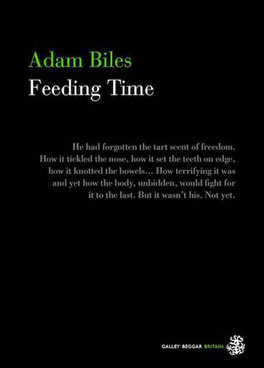
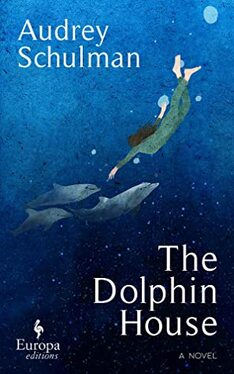
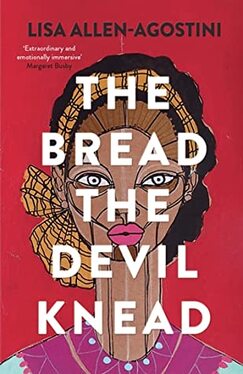
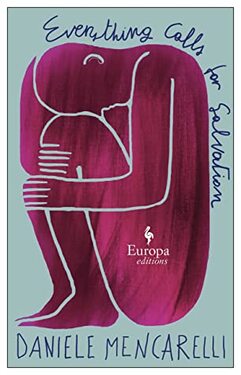

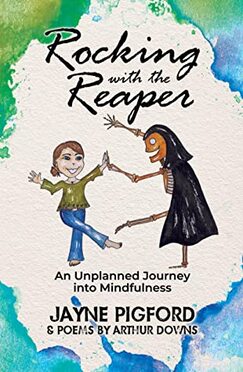
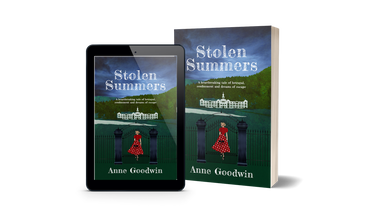
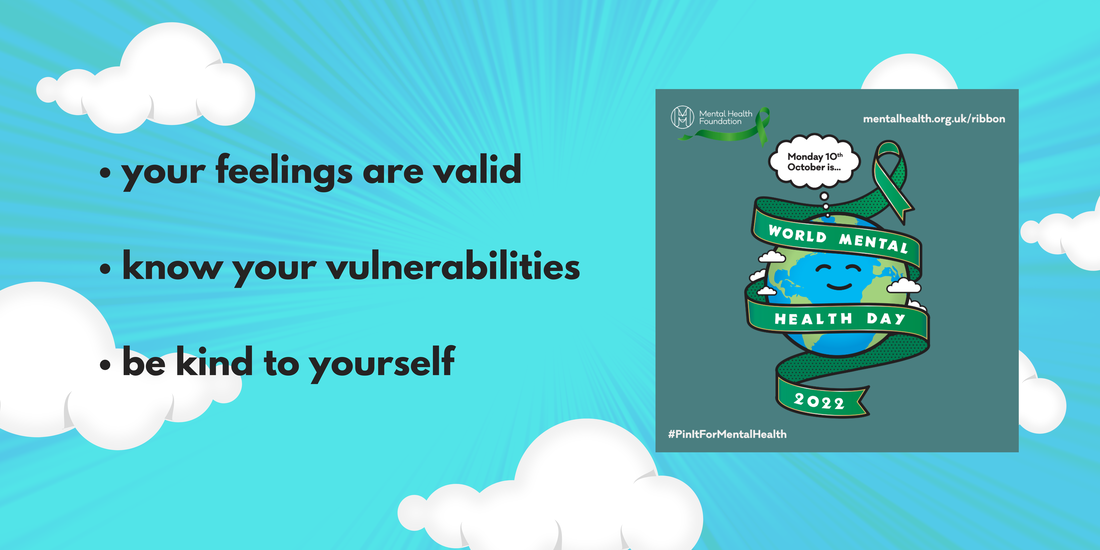

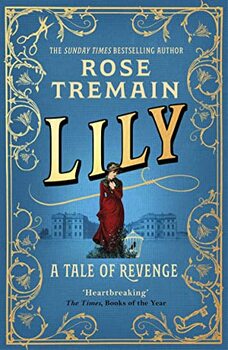
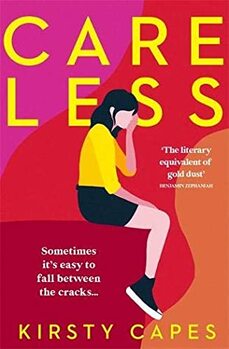
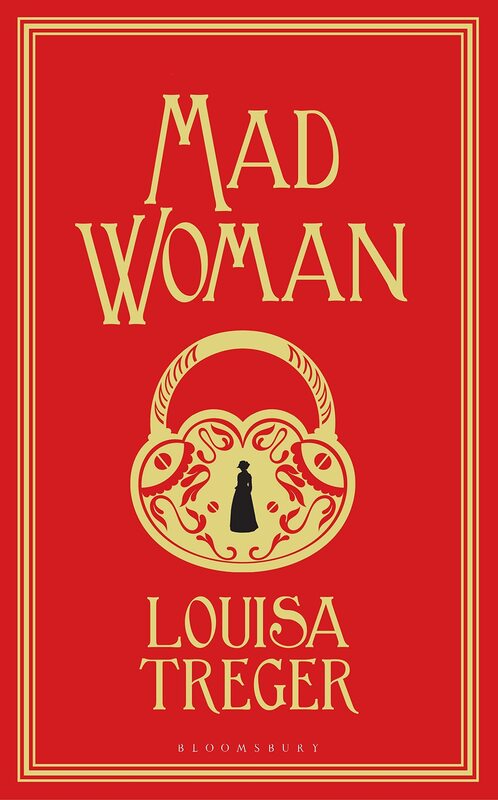

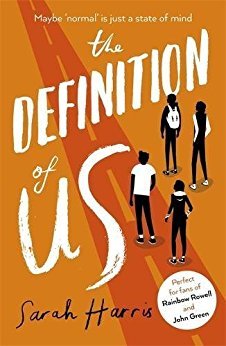
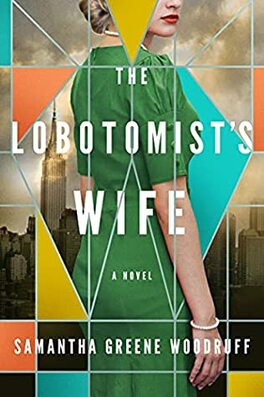


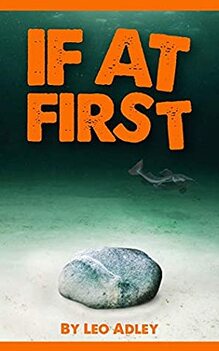
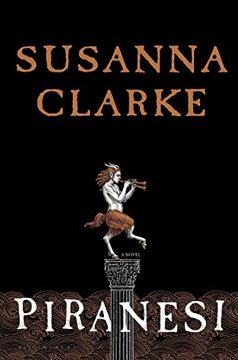

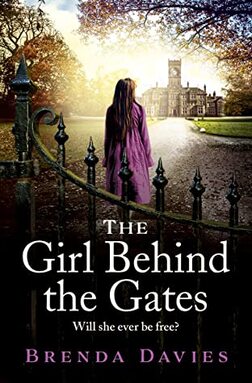
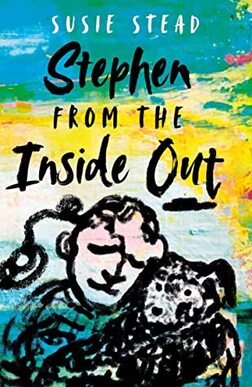
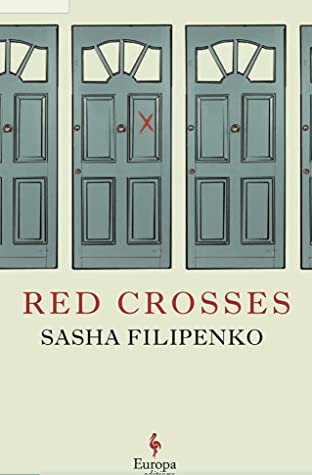
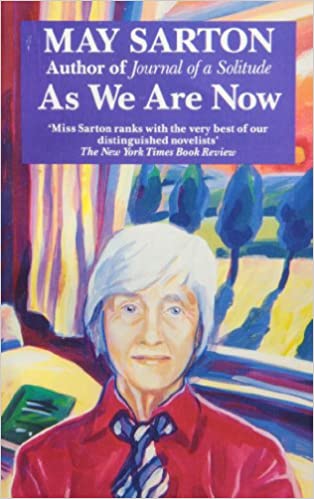
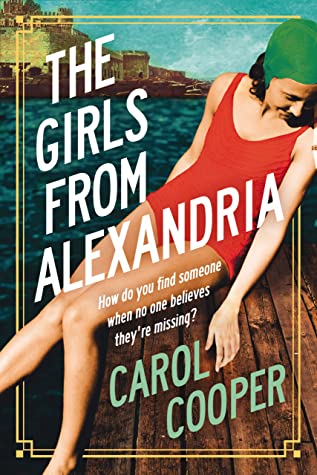
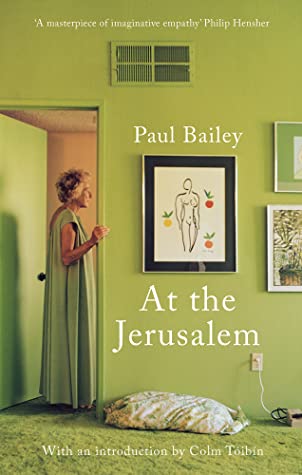
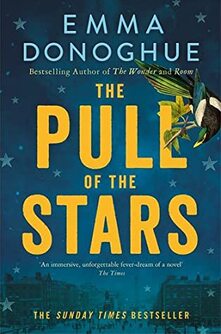
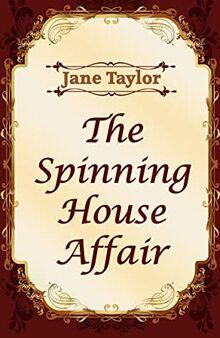

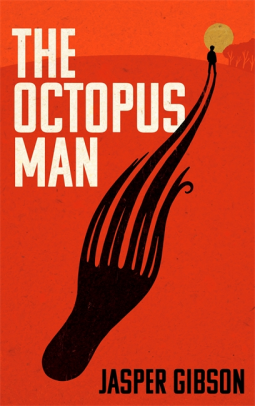
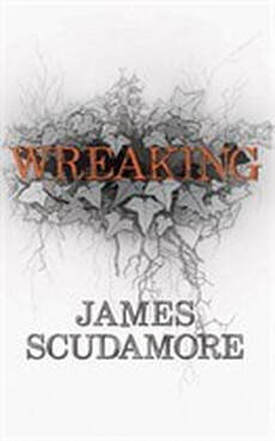
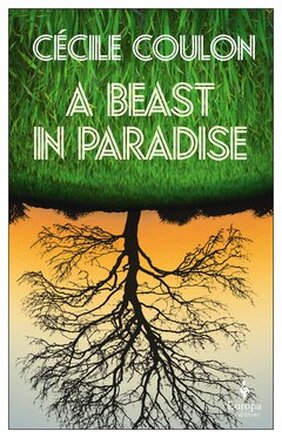
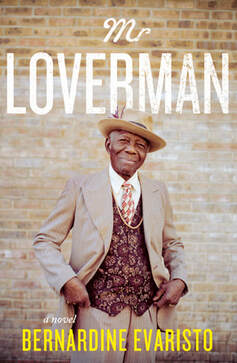

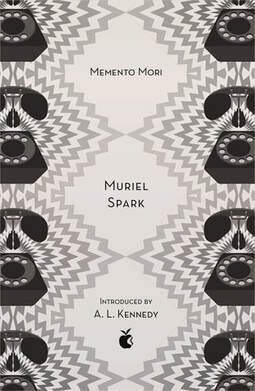
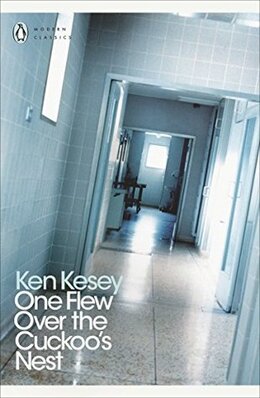
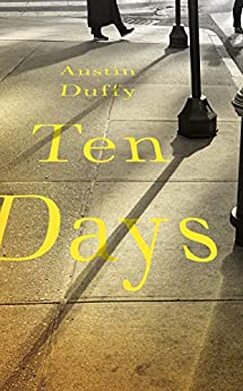
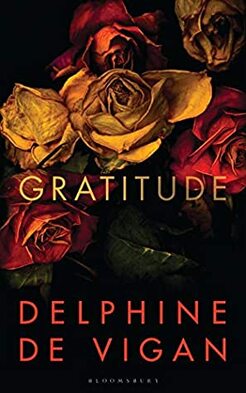
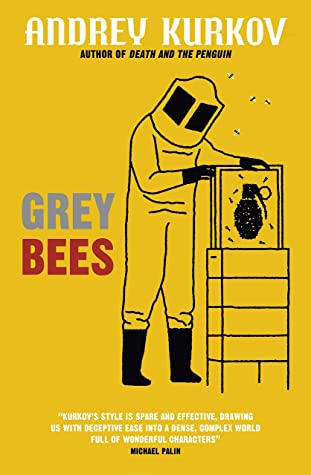
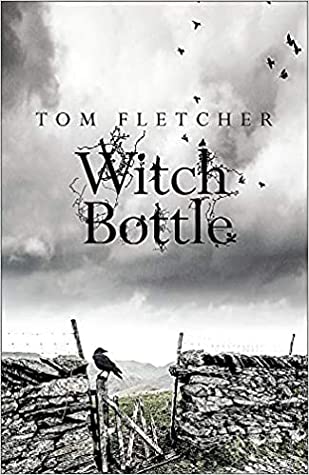
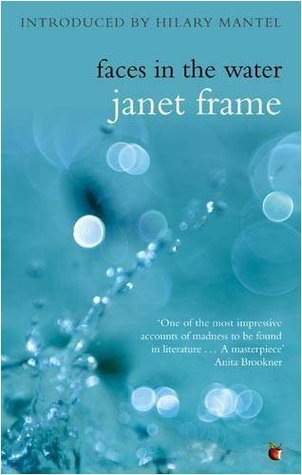
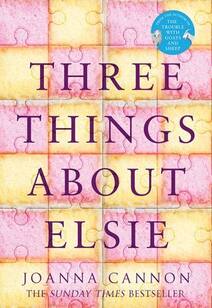


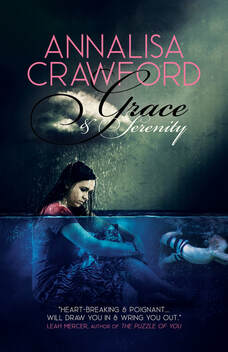






















 RSS Feed
RSS Feed





















